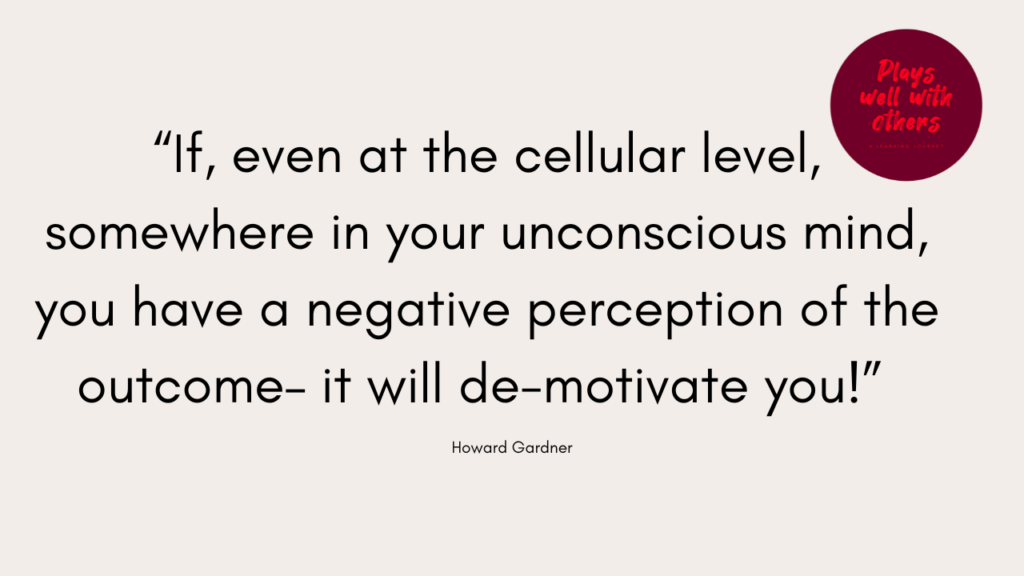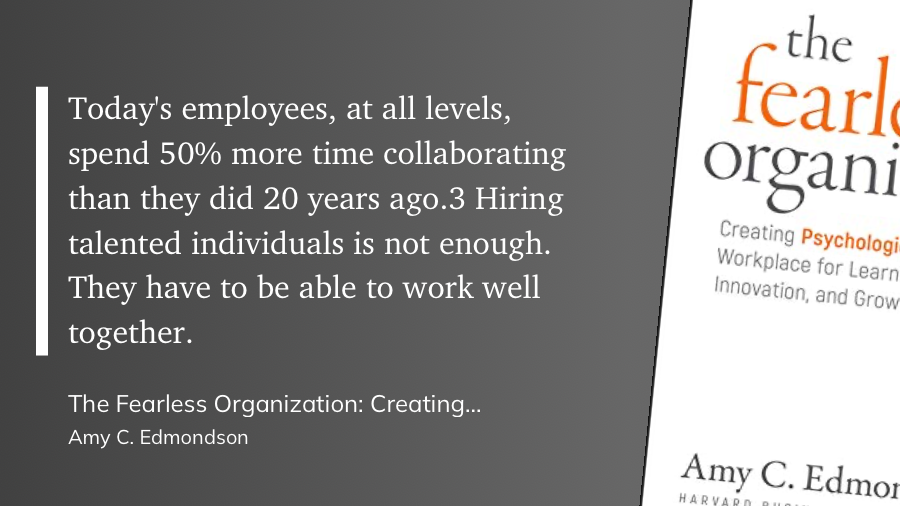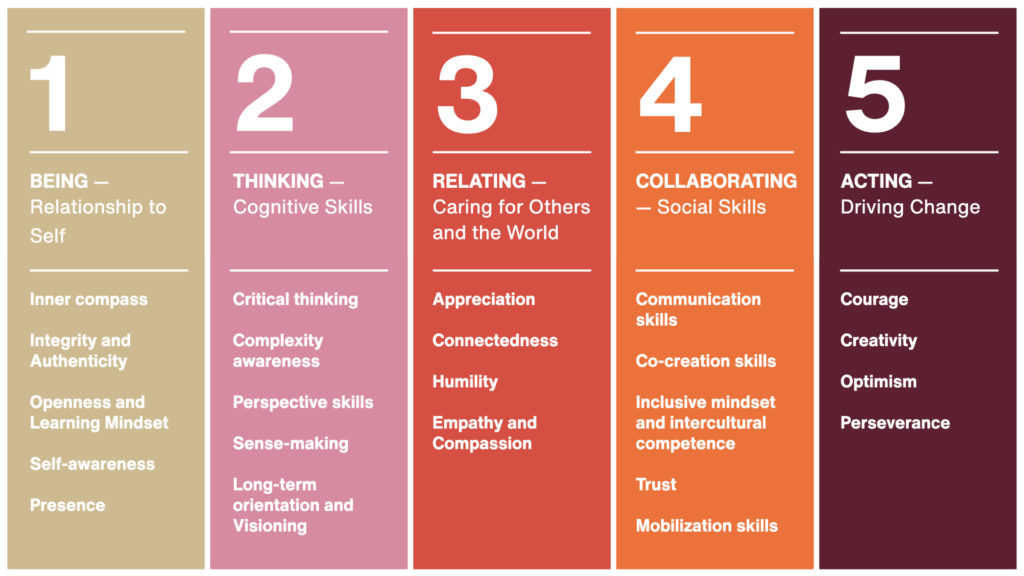In an era where complexity is the norm rather than the exception, especially in the service industries, one word stands out as a beacon of hope: interdependency.

The Illusion of Independence
We often hear about the merits of independence, especially when it comes to leadership. The self-made manager, the lone wolf who sets their own course—these archetypes have their value, but they can also be a mirage that diverts us from a powerful truth. If we strive for independence at the cost of ignoring the web of interactions surrounding us, we’re setting ourselves and our teams up for failure.
The Realities of Complexity
Service industries are not necessarily complicated, but they are undeniably complex. What’s the difference? Complexity comes from the unpredictable nature of the variables involved. Take a hotel on any given day—how many reservations might be cancelled? What if the chef calls in sick? What if a sudden event floods your venue with guests? These variables create a domino effect, impacting all departments, from housekeeping to the front desk.
A Symphony of Success
In this unpredictable environment, no one wins unless everyone wins. Think about it: a guest’s experience doesn’t start and end at the reception. It’s a combination of clean rooms, prompt service, delightful meals, and courteous interactions. It’s a symphony, and like any good symphony, all the musicians—or in this case, all the departments—need to be in harmony.
Leading through Interdependency
So, if you’re a manager with department heads reporting to you, take note. Fostering interdependency is not about micromanaging each section; it’s about creating a culture where the strings, woodwinds, and percussion—the reception, housekeeping, and kitchen—can work in seamless coordination. But that only happens when they have strong, positive relationships with each other. If not they will just focus on their part and disregard what happens elsewhere.
Connection before Content
By focusing on interdependency, you’re putting ‘connection before content.’ You’re acknowledging that relationships form the backbone of any successful endeavour, especially in an arena where customer experience reigns supreme.
Interdependency isn’t just a buzzword—it’s your roadmap to harmony and success. But it requires a deliberate effort on the part of the leader to create that culture.
Learn more about creating a team where every one Plays well with others.





